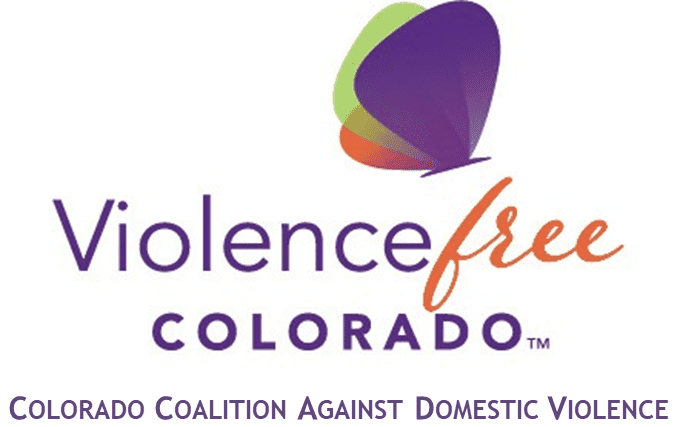(Note from Violence Free Colorado: The Founding Fathers we celebrate each July began a movement and helped create America. The Founding Mothers of the feminist movement created safe places for women and children to explore a life lived without violence. They wrote essays and articles, and spoke out in consciousness raising groups. They organized, and they eventually opened doors. They opened the doors of shelters, and they opened doors of opportunity for all of us who follow. This month, we celebrate our Founding Mothers who, like our Founding Fathers, were not perfect, but who bravely dared to make positive changes on behalf of us all. Guest blogger, Carol Simmons, shares with us some of her experiences as an advocate in the early days of the Battered Women’s Movement of Colorado.)
By Carol Simmons, Violence Free Colorado Guest Blogger
I began working in the field of domestic violence in 1983 as a volunteer counselor/advocate with Alternative Horizons in Durango, CO. During my first year, I was able to attend a statewide Violence Free Colorado (then known as CDVC) conference in Glenwood Springs. Becoming involved with the state coalition opened me up to Colorado’s response to violence against women, as well as to how this issue was intertwined with other oppressions (i.e., racism, homophobia, ageism, etc.). In the mid 80s I became a member of the coalition’s board of directors – first representing Region 4 and then the representative for the rural issues task force.
As I became more involved with Violence Free Colorado, I began to increase my interest in, and knowledge of the added challenges facing domestic violence victim/survivors from marginalized groups. By 1990, I was the Colorado representative on the board of directors of the National Coalition Against Domestic Violence. Board meetings for NCADV were held several times a year over a five-day period. The format of these meetings was very structured: a time-keeper, a process watcher, and two co-facilitators were appointed for each segment and rotated among the members. All decisions were reached by consensus and it took only one no vote to block a decision. However, in order to block an idea, a person needed to participate in the discussion and offer an alternative suggestion.
Within NCADV there existed numerous caucuses, composed of women from underrepresented groups (i.e., women of color, GBLTQ, women with disabilities, etc.). If at any time during a meeting someone from one of the caucuses felt threatened, unheard or disenfranchised she would call for her caucus to meet and anyone not a member was asked to leave the room until the caucus was ready to address the issue and/or confront the individual remark. By the end of the third day, having endured several caucuses each day and being the only woman who was on the outside each time, I was very discouraged. I felt powerless and wondered what I was doing there.
Fortunately, the meetings continued and I began to understand how each of the women faced powerlessness and prejudice every day of their life. I realized that what I was experiencing was just a glimpse of what their lives were on a daily basis. I would be going home into my straight, white, privileged life and every other woman at the meeting would leave and return to her life and the oppression that she experienced because of being: poor; a woman of color; a lesbian; a woman with a disability; etc.
After five days, I left my first NCADV board meeting feeling personally empowered by the strength of the other women. My burgeoning belief that the oppression of one person or group oppresses each and every one of us had become solidified. I was determined to share this bit of enlightenment with my sisters and co-workers in Colorado. Some were open to this idea, unfortunately, others were not.
As of today, the Supreme Court has declared marriage a right for everyone in the country and the confederate flag has been removed from the grounds of the South Carolina capitol. Despite this progress, there is still a great deal of work to be done, in order to ensure that everyone can experience true equality and no one person or group is oppressed.
